Introduction
The landscape of Human Resources (HR) is undergoing a profound transformation, fueled by cutting-edge advancements in artificial intelligence (AI). In 2025, AI technologies are no longer merely supplemental tools for HR departments—they are at the core of how organizations attract, manage, develop, and retain top talent. From recruitment and onboarding to performance evaluation and employee engagement, AI is enhancing and streamlining nearly every function of HR management. With automation, predictive analytics, and natural language processing (NLP), HR professionals are empowered to make smarter, faster, and more data-driven decisions that directly impact organizational agility, employee satisfaction, and overall business performance. The integration of AI into HR is not just about improving efficiency; it’s about reimagining the entire employee experience.

AI in Recruitment and Talent Acquisition
One of the most revolutionary uses of AI in HR lies in transforming the recruitment process. AI-powered platforms are capable of scanning and analyzing thousands of resumes within seconds, identifying top candidates based on both explicit and inferred criteria. Machine learning algorithms assess skills, qualifications, experience, and even soft traits gathered from a candidate’s application tone or online presence.
Natural language processing (NLP)-driven tools can interpret job descriptions and align them with candidate profiles far more accurately than outdated keyword matching systems. Additionally, AI-powered chatbots handle initial candidate communications—answering frequently asked questions, pre-screening applicants, and scheduling interviews—all in real time. This level of automation dramatically reduces time-to-hire and ensures a smoother, more engaging recruitment experience. As a result, HR teams can redirect their focus from administrative tasks to building relationships and assessing long-term cultural fit.
AI-powered chatbots are streamlining HR processes like candidate screening and employee support, similar to tools highlighted in AI-Powered Chatbots Are Revolutionizing Customer Support.
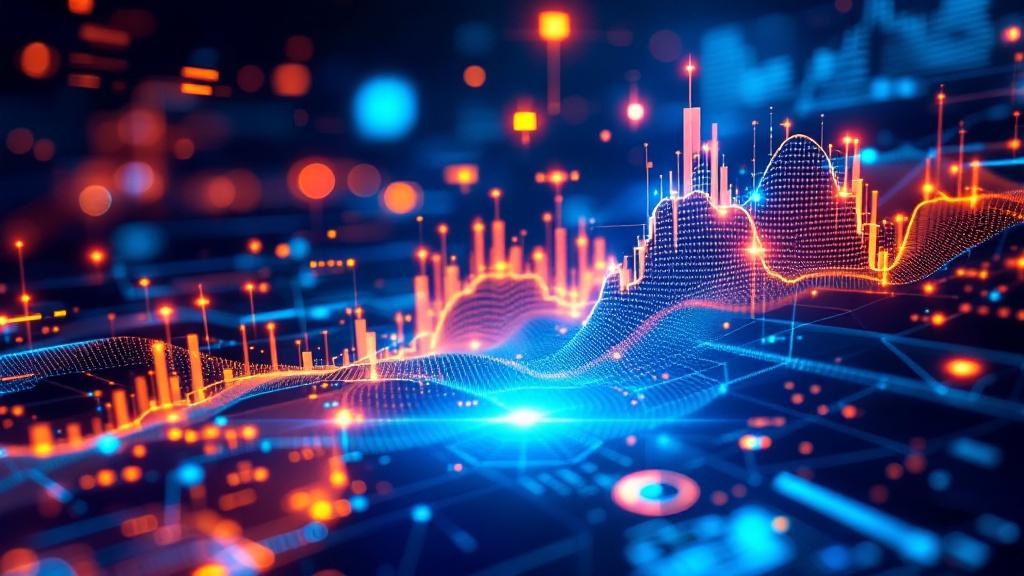
Enhancing Employee Onboarding
AI significantly enhances the onboarding process by creating personalized, structured experiences for new hires. Virtual onboarding assistants guide employees through company documentation, compliance training, and orientation programs tailored to their role and location. These intelligent systems adapt content delivery based on a new hire’s learning style, prior experience, and job function.
Interactive onboarding platforms incorporate gamification, real-time feedback, and adaptive learning paths, ensuring new employees are not just passively consuming content but actively developing critical skills. This leads to faster acclimatization, higher retention, and improved job satisfaction. Furthermore, AI reduces the administrative workload for HR professionals, enabling scalable onboarding across departments and geographies.
Personalized AI systems are enhancing talent management and employee engagement, as explored in The Rise of Personalized AI How Custom GPTs Are Shaping Industries.

Predictive Analytics for Retention and Engagement
Employee retention continues to be a major concern for organizations worldwide. AI tools offer predictive analytics capabilities that analyze historical and real-time data—such as absenteeism rates, performance metrics, employee feedback, and communication patterns—to forecast potential turnover risks.
By identifying behavioral trends and early warning signs, AI helps HR teams proactively address issues before they escalate. AI models can suggest specific interventions, such as targeted training, mentorship programs, job enrichment opportunities, or mental health support. Furthermore, continuous engagement tracking through sentiment analysis and participation metrics allows HR to maintain a motivated and committed workforce. This shift from reactive problem-solving to proactive talent management is essential for sustainable growth.
AI’s ability to understand emotional context can improve HR communications and conflict resolution, as discussed in AI is Becoming More Context-Aware and Emotionally Intelligent.
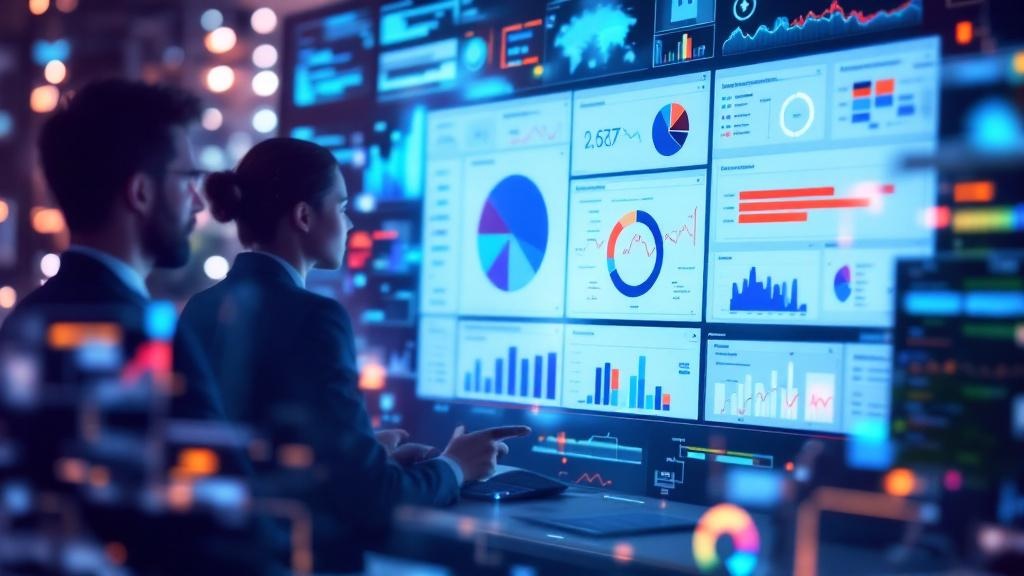
Performance Management and Feedback
Traditional performance reviews are increasingly being replaced by continuous performance management powered by AI. These systems aggregate data from project management platforms, peer reviews, and customer feedback to provide ongoing, objective performance evaluations.
AI-driven analytics identify strengths, weaknesses, and development opportunities, while minimizing the impact of unconscious bias. Natural language generation (NLG) capabilities help draft personalized performance feedback and development plans. Managers receive recommendations on coaching strategies and recognition opportunities, leading to more constructive and timely feedback cycles. Employees benefit from clearer expectations, more consistent growth conversations, and better alignment with organizational goals.
Automating SOP creation for HR workflows becomes easier with tools like those featured in SOP Development Pro Your New AI Assistant for Perfect SOPs.
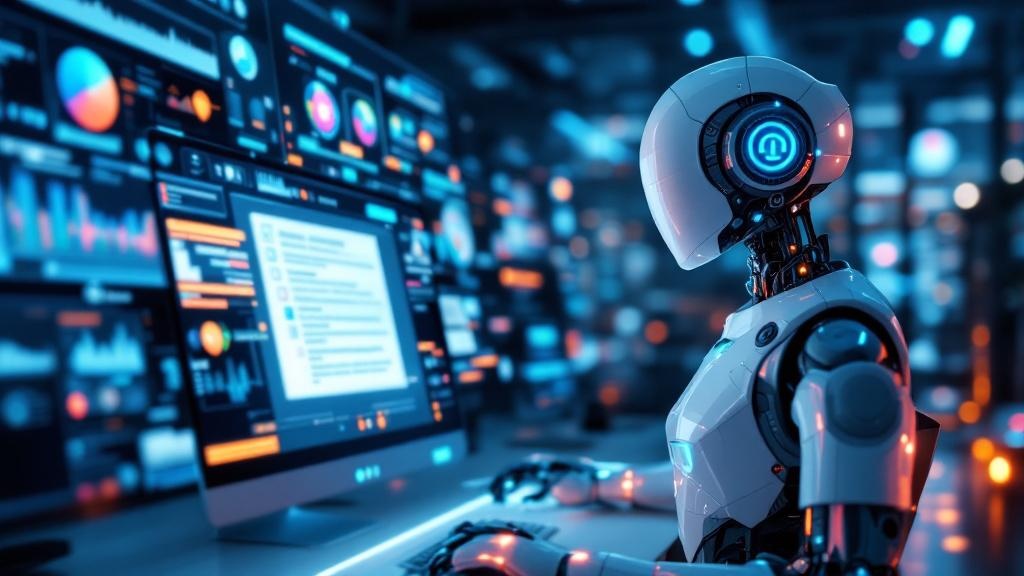
Streamlining Administrative Tasks and Compliance
AI excels in automating repetitive, time-consuming HR tasks such as payroll processing, time and attendance tracking, benefits administration, and regulatory compliance monitoring. Intelligent algorithms can quickly detect errors in records, flag discrepancies, and ensure policy adherence with minimal manual intervention.
For multinational companies, AI tools can adapt to regional compliance requirements, labor laws, and tax structures, ensuring consistency and legal accuracy across global operations. Additionally, document management and audit preparation become far more efficient with AI’s ability to categorize, search, and retrieve files instantly. This operational efficiency enables HR departments to redirect their efforts toward strategic workforce planning, employee development, and organizational transformation.
Large language models help HR professionals analyze resumes and job descriptions efficiently, as described in How Does Large Language Models Work.
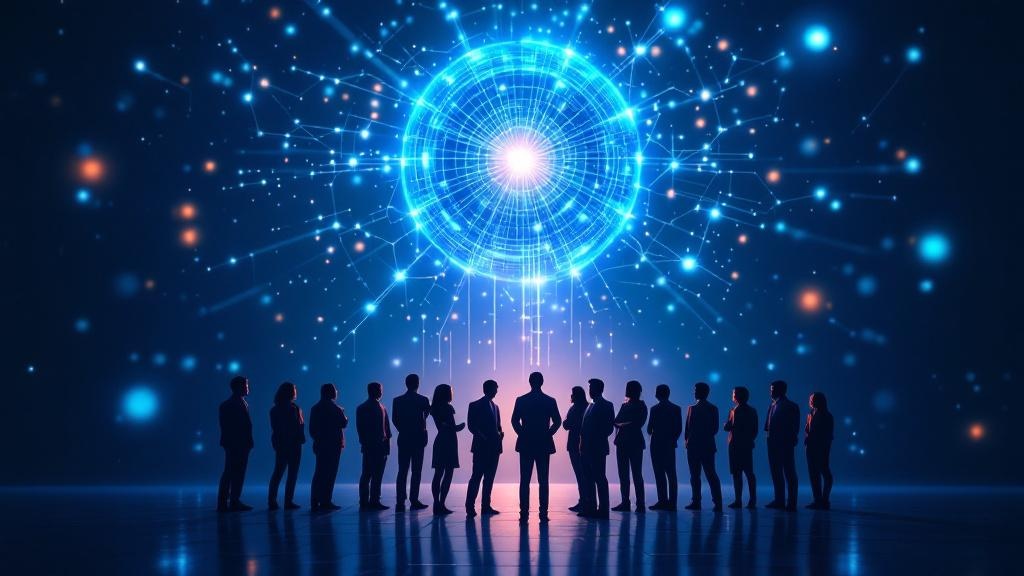
Conclusion
Artificial Intelligence is revolutionizing Human Resources Management by automating operational tasks, enhancing decision-making, and delivering hyper-personalized employee experiences. In today’s talent-driven economy, leveraging AI in HR enables organizations to act with greater speed, fairness, and strategic foresight. From recruitment and onboarding to employee engagement, performance management, and compliance, AI-powered tools are creating more agile, responsive, and inclusive HR ecosystems.
As the digital transformation of work accelerates, AI is poised to become not just a tool but a foundational element in how HR operates and delivers value. Organizations that embrace AI in their HR practices will be better positioned to attract top talent, nurture employee growth, and adapt to the ever-evolving workplace. The future of HR lies in intelligent, data-driven solutions that put people at the center—powered by the precision and scalability of artificial intelligence.
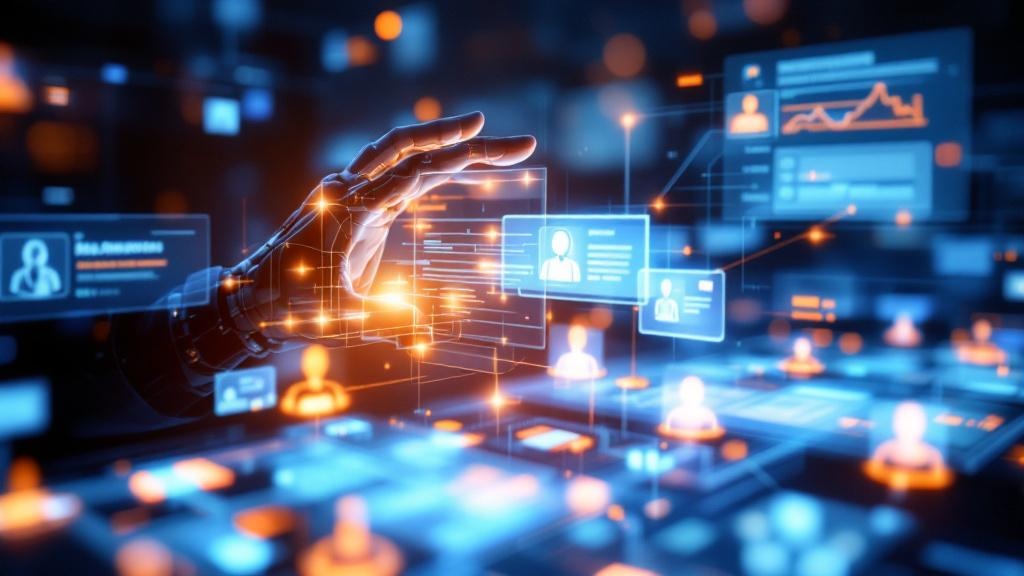
Leave a Reply